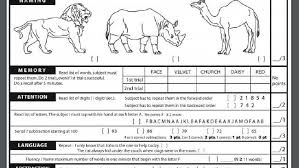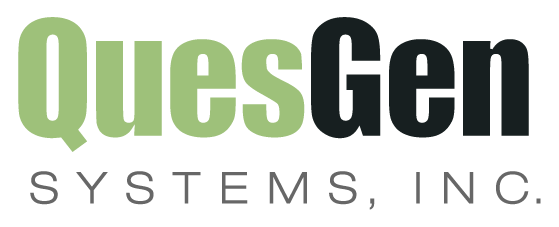Baseline cognitive assessments are important for dementia treatment
by Mike Jarrett | Jun 01, 2020 | Cognitive Decline, Brain-Health Assessments | comments

As with many conditions, early recognition and diagnosis of dementia are key to managing symptoms and devising a treatment strategy. Understanding what to look for can encourage a person to receive the necessary cognitive testing for a proper diagnosis and receive the best treatment.
Dementia symptoms and signs
Symptoms of dementia include:
- Memory loss
- Confusion about time or place
- Poor decision making
- Difficulty focusing
- Frequently forgetting or losing things
- Difficulty understanding and reacting to a stimulus (voice, visual, etc.)
- Difficulty speaking clearly or finding the right words to say Challenges with focus and planning
- Issues with writing clearly or effectively
Signs that an individual may have dementia:
- Forgetting important events or dates such as appointments, anniversaries and birthdays
- An increase in irritation
- Increased anxiety
- Forgetting or struggling to say words that are commonly used
- Leaving things behind or losing them
- Inability to focus through a conversation, book or movie
What is the clinical dementia rating (CDR) scale?
While each patient is unique in how they present and manage their symptoms, neurologists use the clinical dementia rating (CDR) scale to establish the severity of a patient’s dementia and track the progression or regression of the patient’s cognitive health. This scale contains 12 categories, each of which is tested and scored. Each category focuses on a different cognitive function and carries a score between 0 and 6 (some categories have a maximum score of 4 or 5). The total of all test scores represents a patient’s overall likelihood to have dementia. The scale is as follows:
- 0-18 = Mild
- 19-36 = Moderate
- 37-54 = Severe
The various categories of the CDR include:
- Memory
- Speech and language
- Recognition of family members
- Orientation to time
- Orientation to place
- Decision making
- Social and community activity
- Home activities and responsibilities
- Personal care and cleanliness
- Eating
- Bowel control and urination
- Ability to get from place to place
Types of cognitive testing for dementia
Without a baseline cognitive test, it can be challenging to diagnose patients that are in the mild to moderate categories of dementia. Patients that are 55 or older or patients that present early dementia symptoms should regularly undergo some form of cognitive testing to monitor their cognitive health. Common cognitive tests include:
- Mini-cognitive test (Mini-Cog): Short three- to five-minute test geared toward identifying cognitive issues in older patients. This is a two-part test. Part one requires the individual to remember three words. After two to five minutes, you will ask the person to repeat the three words they were told to remember. Part two involves the person drawing a clock with a designated time.
- Mini-mental state exam (MMSE): This test typically takes seven to 10 minutes to conduct. It includes asking the individual to state the current date, count backward and recognize a common object such as a phone, pen or wallet.
- Montreal cognitive assessment test (MoCA): This test takes around 15 minutes to conduct. The person will be asked to memorize a list of words, draw a shape or object, and identify an image.
- Another specialized cognitive testing: Many neurologists have devised their own cognitive tests. Some use visual tests such as computerized tests or machine tests. These tests can vary depending on each patient’s individual needs. More specialized cognitive tests include Neuro QOL, PROMIS, ASCQ Me, ABC Dementia Scale.
How cognitive assessments are used in treatment strategies
By using baseline testing, neurologists can establish whether a patient needs further cognitive development and testing. By digging deeper into each cognitive test and expanding upon the areas of need, doctors can map out the areas of the brain that are creating these dementia symptoms and formulate testing/treatment strategies to exercise these specific cognitive abilities.
This process forms the mold for an individual’s treatment plan that effectively manages (and, ideally, improves) dementia symptoms.
A key part of identifying a patient’s cognitive state is utilizing the latest studies or compiling your own research. QuesGen offers complete solutions for data collection, institutional training, data hosting, design, multi-site implementation, and comprehensive support.
Contact our team to find out more about our clinical data management solutions.

